Seeds are tiny nutritional powerhouses, often overlooked in daily diets. Yet, they pack an impressive range of vitamins, minerals, and essential nutrients that can help combat common deficiencies. If you’re struggling with low energy, brittle hair and nails, or weakened immunity, the right seeds can make a difference. Let’s dive into how specific seeds can address nutritional gaps and contribute to overall well-being.
The Nutritional Power of Seeds
Seeds are concentrated sources of essential nutrients, including healthy fats, protein, fiber, vitamins, and minerals. Their dense nutrient profile makes them a valuable addition to a balanced diet, especially for those facing deficiencies. Many people unknowingly lack crucial nutrients due to modern diets rich in processed foods and low in whole, nutrient-dense options. In fact, studies show that more than 50% of people worldwide suffer from at least one micronutrient deficiency, affecting everything from brain function to immune health.
Here’s a closer look at which seeds can help address specific deficiencies:
Chia Seeds for Omega-3 Deficiency
Deficiency Signs: Fatigue, dry skin, poor concentration, joint pain, and heart-related issues.
Omega-3 fatty acids are crucial for brain health, reducing inflammation, and supporting heart function. Yet, many people—especially those who do not consume enough fish—fall short on their daily omega-3 intake. Chia seeds are an excellent plant-based source of alpha-linolenic acid (ALA), a type of omega-3.
How to Use:
- Add a tablespoon to smoothies, yogurt, or overnight oats.
- Soak them in water to create a chia pudding.
- Sprinkle over salads for a nutritional boost.
2. Pumpkin Seeds for Magnesium Deficiency
Deficiency Signs: Muscle cramps, headaches, insomnia, anxiety, and irregular heartbeats.
Magnesium plays a key role in over 300 enzymatic processes in the body, yet studies suggest that nearly 60% of adults do not get enough magnesium from their diet. Pumpkin seeds are one of the richest plant sources of this essential mineral.
How to Use:
- Eat a handful as a snack.
- Add to soups, stews, or homemade granola.
- Blend into smoothies for an added mineral boost.
3. Flaxseeds for Fiber and Heart Health
Deficiency Signs: Constipation, high cholesterol, blood sugar spikes, and digestive issues.
Dietary fiber is essential for gut health, yet research indicates that more than 95% of people do not consume enough fiber daily. Flaxseeds are rich in both soluble and insoluble fiber, making them excellent for digestion and heart health.
How to Use:
- Grind and mix into baked goods like muffins or pancakes.
- Stir into a glass of water and drink before meals.
- Add to cereal or yogurt for an extra fiber punch.
4. Sesame Seeds for Calcium Deficiency
Deficiency Signs: Weak bones, brittle nails, frequent fractures, and muscle spasms.
Calcium is well-known for maintaining strong bones and teeth, but dairy isn’t the only source. Sesame seeds, particularly in their unhulled form, are rich in calcium and can be a great alternative for those who are lactose intolerant or prefer plant-based sources.
How to Use:
- Sprinkle over stir-fried dishes.
- Use tahini (sesame paste) in dressings and dips.
- Add to bread or roti dough for a calcium boost.
5. Sunflower Seeds for Vitamin E Deficiency
Deficiency Signs: Dry skin, hair loss, poor immune function, and nerve damage.
Vitamin E is a powerful antioxidant that protects cells from oxidative stress and supports immune function. Sunflower seeds are one of the best sources of this essential nutrient, with just a handful providing over 35% of the recommended daily intake.
How to Use:
- Eat raw as a snack or mix into trail mix.
- Sprinkle over soups and salads.
- Blend into nut butter for a creamy spread.
6. Hemp Seeds for Protein Deficiency
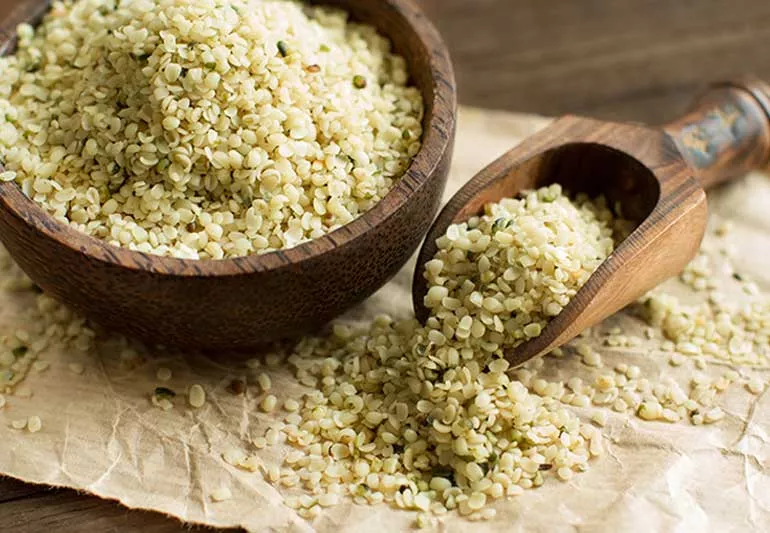
Deficiency Signs: Muscle loss, slow wound healing, fatigue, and hair thinning.
Protein is the building block of the body, crucial for muscle growth, repair, and overall health. Hemp seeds are a complete plant-based protein, meaning they contain all nine essential amino acids that the body cannot produce on its own.
How to Use:
- Add to smoothies or shakes.
- Sprinkle over porridge or salads.
- Use in homemade energy bars or protein balls.
7. Watermelon Seeds for Iron Deficiency
Deficiency Signs: Fatigue, pale skin, dizziness, shortness of breath, and brittle nails.
Iron is essential for oxygen transport in the blood, and a deficiency can lead to anemia. Watermelon seeds are a lesser-known but excellent plant-based source of iron, particularly beneficial for vegetarians and vegans.
How to Use:
- Roast and eat as a crunchy snack.
- Blend into flour for baking.
- Add to soups or chutneys.
Making Seeds a Daily Habit
Incorporating a variety of seeds into your diet is one of the easiest ways to address nutritional deficiencies naturally. These tiny superfoods are versatile, easy to store, and can be added to countless recipes.
Here are some quick ways to make seeds a daily habit:
- Mix different seeds together for a homemade trail mix.
- Add a tablespoon of ground seeds to your morning smoothie.
- Use seed butters like tahini or sunflower butter as a spread.
- Sprinkle over soups, curries, and even rice dishes.
Final Thoughts
Seeds are nature’s way of delivering concentrated nutrition in a small package. By identifying common deficiencies and incorporating the right seeds into your diet, you can significantly improve your overall health and well-being. Whether you’re looking to boost your calcium intake with sesame seeds or fight fatigue with iron-rich watermelon seeds, these simple dietary changes can have a lasting impact.
So, next time you’re planning your meals, don’t overlook these tiny but mighty nutritional powerhouses!
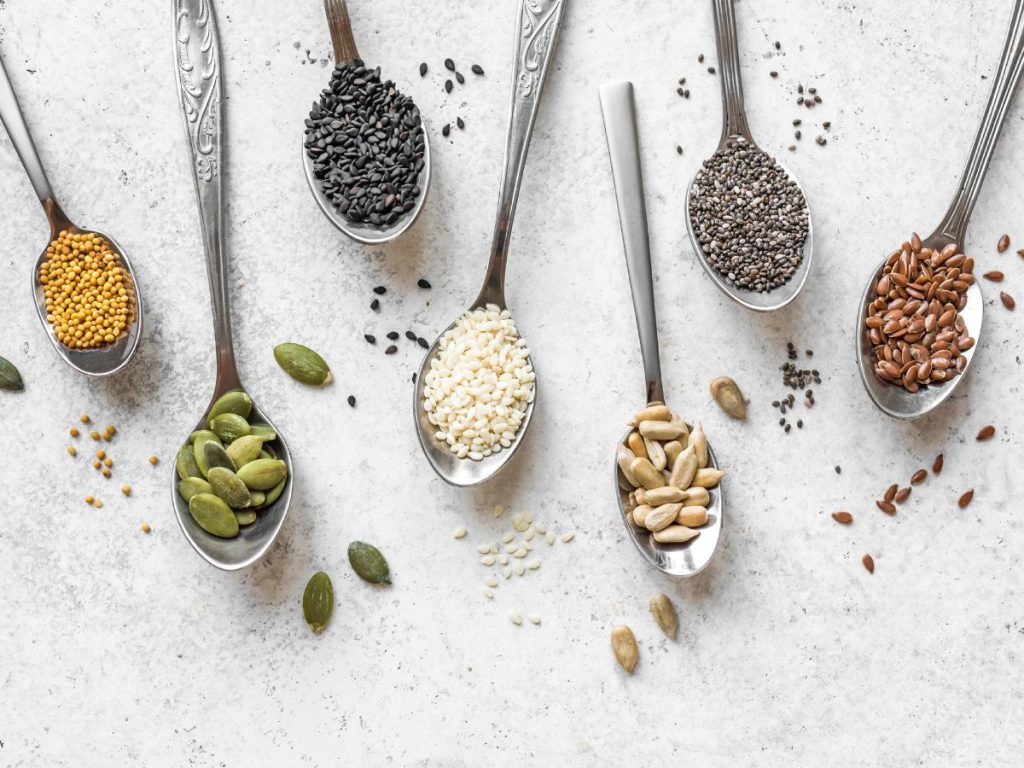
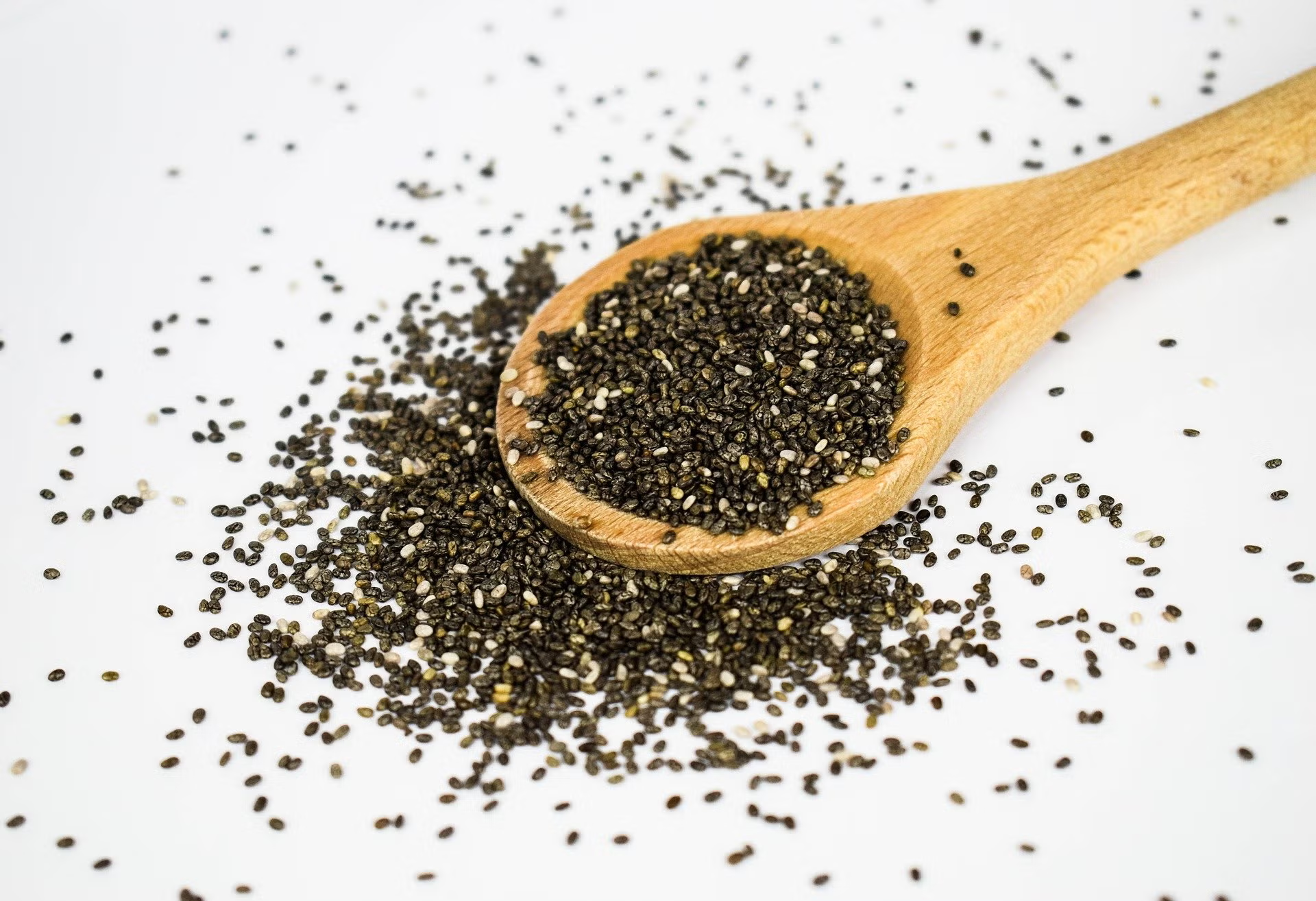
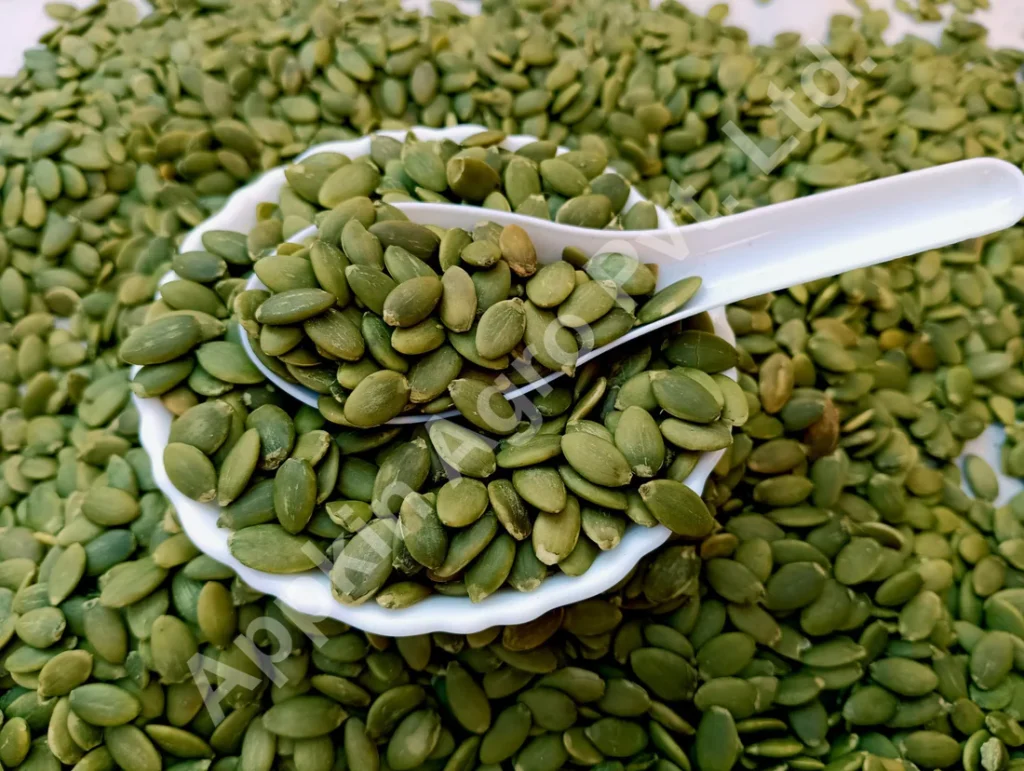
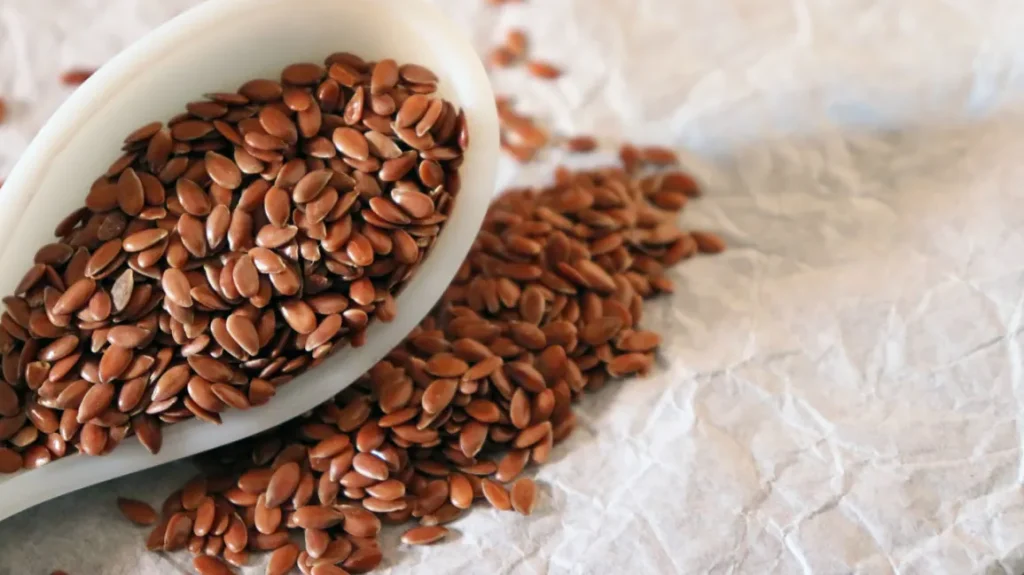
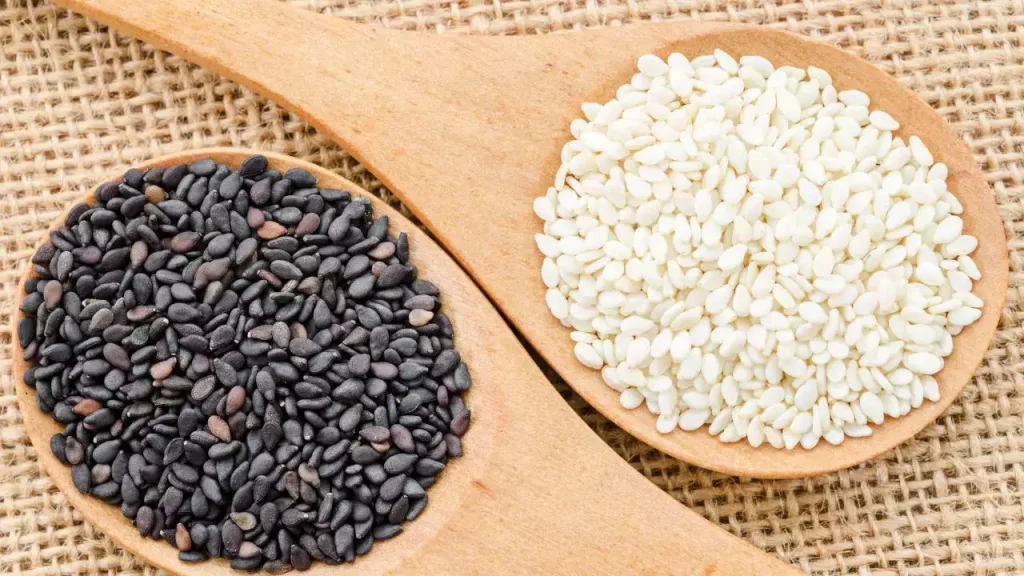

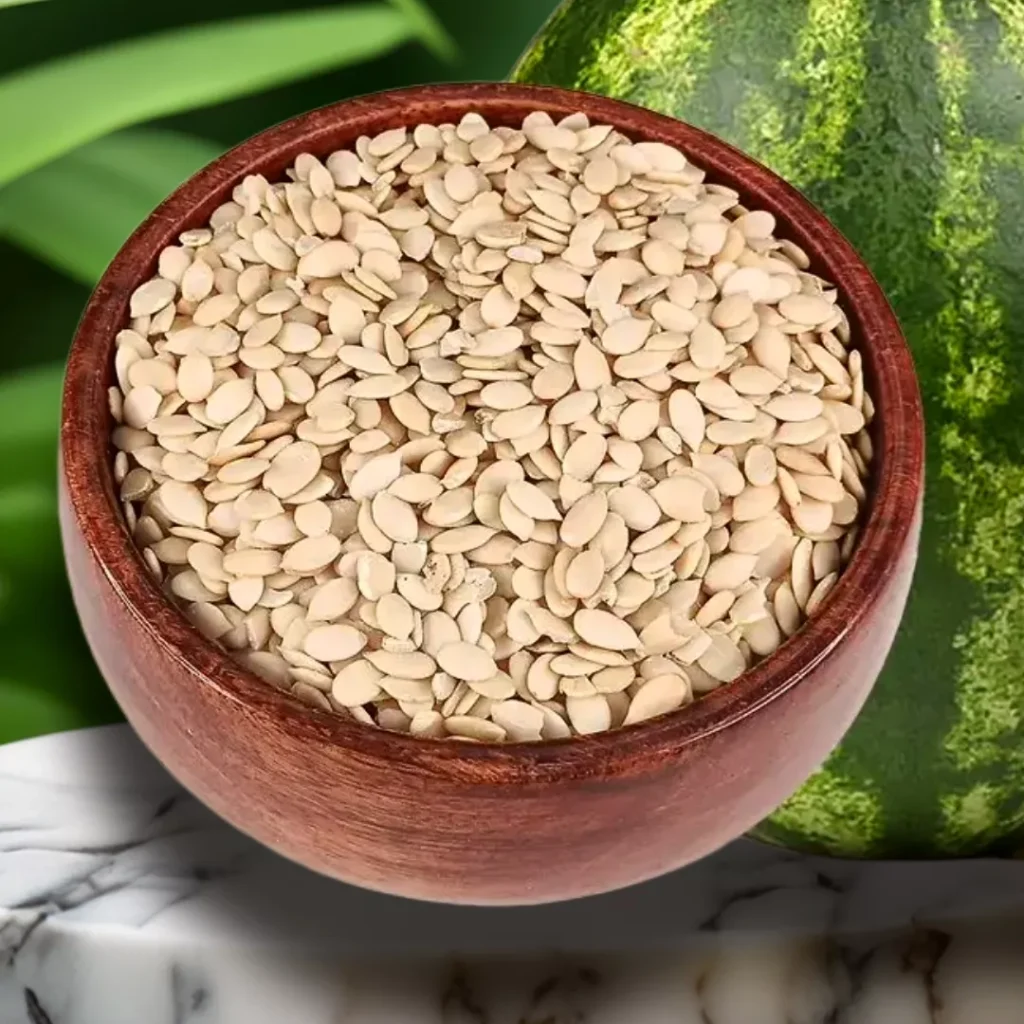




Leave a Reply